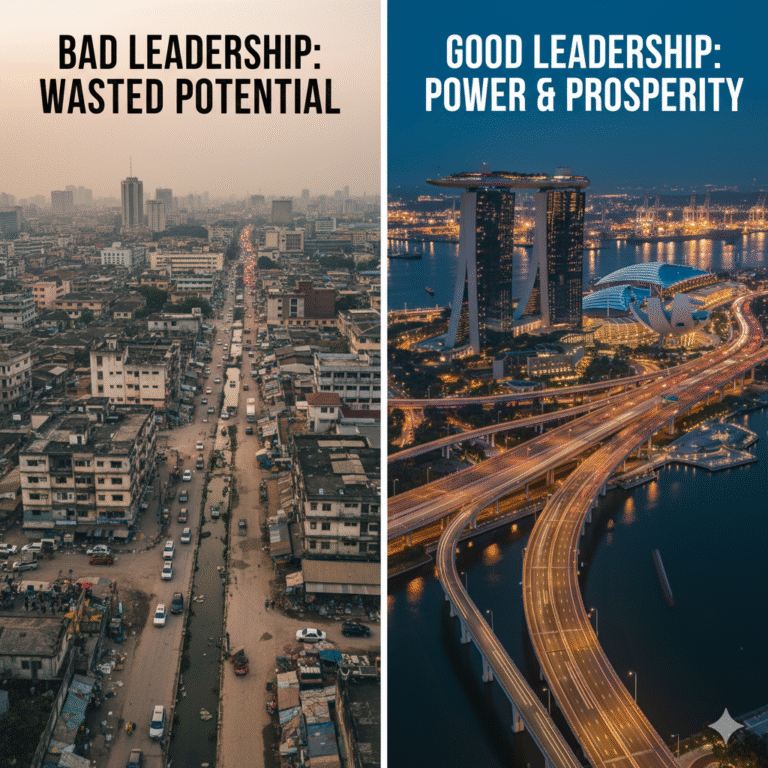If development organisations really care about Africa’s development, they need to get serious about which subjects they’re funding through scholarships.
Let’s be honest about what actually works in development policy.
The STEM Reality Check
Here’s the thing about science, technology, engineering, and maths. These subjects actually solve problems that African countries face right now.
When you train an engineer, they can build roads, design water systems, or fix power grids.
When you train a doctor, they can treat diseases that are killing people today.
When you train a computer scientist, they can build digital systems that connect rural farmers to markets.
This isn’t just theory. We’ve seen it work in countries like South Korea and Singapore when they focused heavily on technical education in the 1970s and 1980s.
The brilliant thing about STEM is that skills transfer easily. An electrical engineer can work on solar panels, mobile phone networks, or factory automation.
This flexibility matters enormously when countries are trying to diversify their economies.
Why Economics Stands Apart
Among all the social sciences, economics is the one that actually changes countries.
Think about it. Every successful development story involves economists who understood how to attract investment, manage inflation, and design policies that create jobs.
Rwanda’s economic transformation after 1994 happened because they had economists who knew how to structure their recovery programme.
Botswana avoided the resource curse because their economists understood how to manage diamond revenues properly.
An economist can design a tax system that funds schools and hospitals. They can create policies that encourage small businesses to grow.
They understand how global trade works and how their country can benefit from it.
The Development Stage Question
This is where foreign policy analysis becomes crucial. Countries have different needs at different stages of development.
When Britain was industrialising in the 1800s, they weren’t funding university programmes in art history. They were training engineers to build railways and chemists to improve manufacturing.
The same pattern happened in Germany, Japan, and later in East Asia.
Countries facing basic challenges like unreliable electricity, poor healthcare systems, and weak infrastructure need people who can fix these problems directly.
Philosophy and literature are wonderful subjects, but they don’t generate the foreign currency that countries need to import medicines and machinery.
They don’t solve the immediate crises that keep countries poor.
The Hard Numbers on Resource Allocation
Development aid budgets are not unlimited. Every scholarship given to study medieval history is a scholarship not given to study engineering.
From a foreign policy perspective, this matters because donor countries want to see results from their aid spending.
Taxpayers in donor countries are more likely to support aid programmes that produce visible improvements in recipient countries.
When you fund an agricultural scientist, they can help farmers increase crop yields, which means more food and more income for rural families.
When you fund a medical researcher, they might develop treatments for diseases that particularly affect African populations.
These outcomes are measurable and they justify continued aid funding.
The Political Economy Angle
Here’s what development economists have learned over decades. Sustainable growth requires technical capacity.
Countries that rely heavily on natural resource exports remain vulnerable to price shocks and Dutch disease effects.
The only way to build resilient economies is through technological capability and institutional knowledge.
This is why China invested so heavily in engineering education during their development phase.
This is why India focused on technical training alongside their IT revolution.
African countries need the same foundation if they’re going to compete in global markets.
The Long Term Strategic Vision
This approach isn’t about permanently ignoring arts and humanities. It’s about getting the sequence right.
Once countries have reliable power systems, functioning healthcare, and growing economies, they naturally develop stronger universities that can support the full range of academic disciplines.
South Korea is a perfect example. They focused intensively on technical education during their development phase, and now they have world class programmes in everything from film studies to philosophy.
But they built that cultural and intellectual richness on top of a solid foundation of technical and economic capability.
The same logic applies to African countries today. Build the foundation first, then expand into every field of human knowledge.



